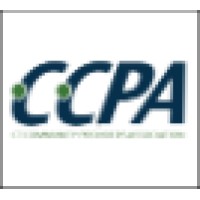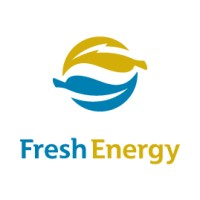
Connecticut Community Providers Association (CCPA)
The Connecticut Community Providers Association (CCPA) is the premiere state trade association representing organizations that provide health and human services and supports for children, adults and families in the areas of mental health, substance use disorders, developmental disabilities, child and family health and well being, and other related issue areas. Community providers deliver quality health and human services to 500,000 of Connecticut’s residents each year. We are the safety net. CCPA works closely with our member organizations, and advocates on their behalf at the Connecticut state legislature, with Connecticut state agencies, and at the federal level. We ensure our members are well informed on all relevant state and federal policies, funding, and innovations. We provide quality education and training on timely and significant health and human service issues, including implementation of health care reform. In addition to our advocacy and training, CCPA works with non-profit providers to create employment opportunities for individuals with disabilities.






